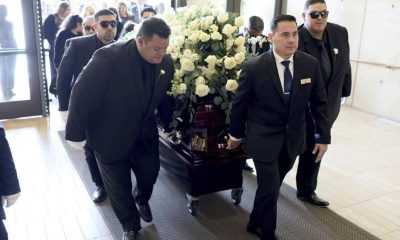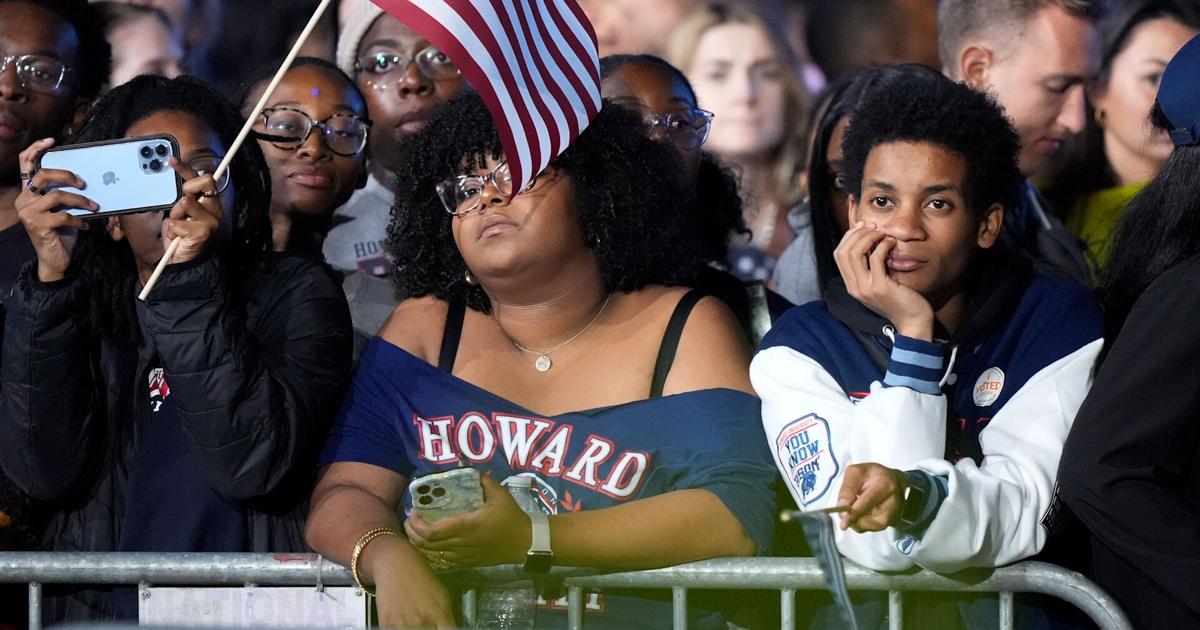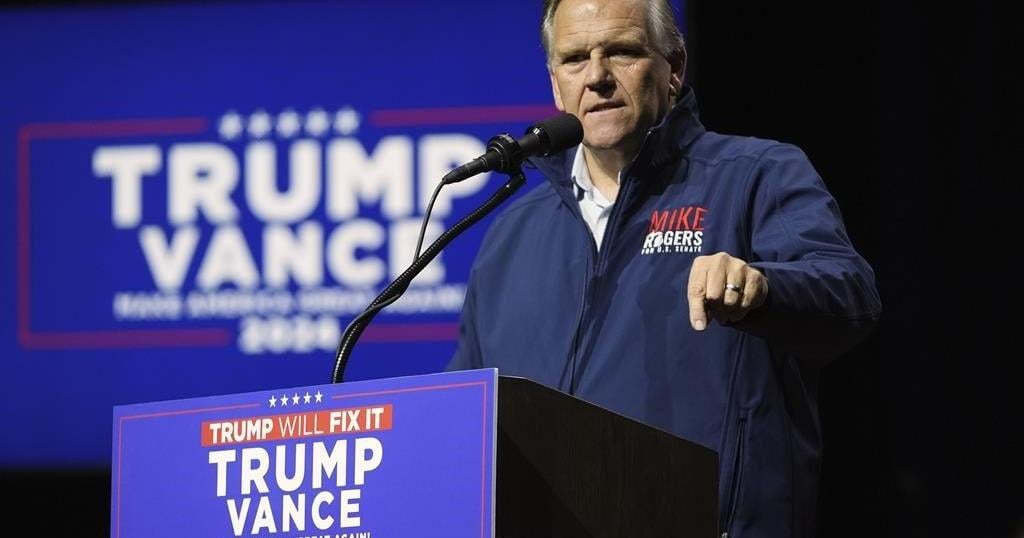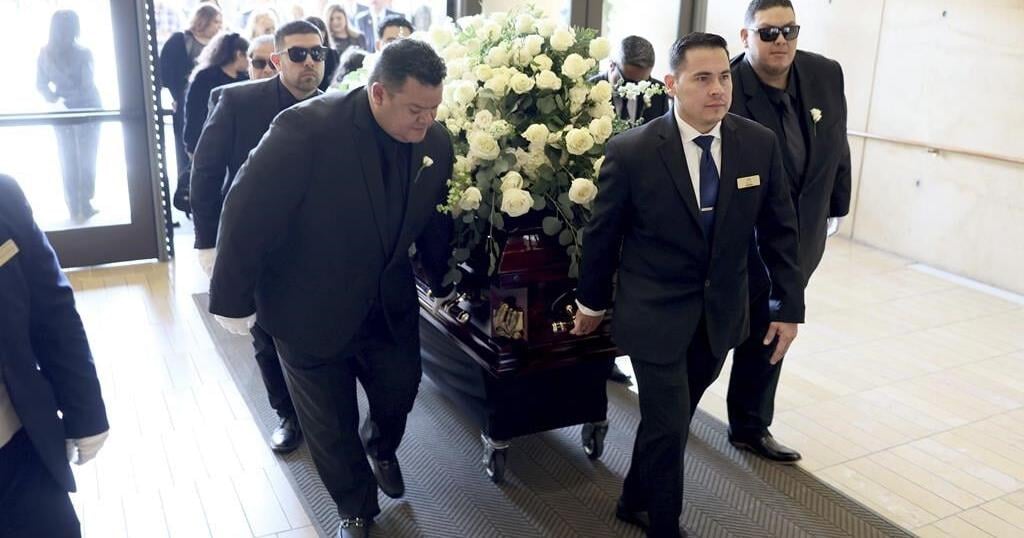DETROIT (AP) — Democratic U.S. Rep. Elissa Slotkin has won Michigan’s open U.S. Senate seat, giving Democrats a bittersweet victory in a swing state that also backed Republican President-elect Donald Trump in his successful bid to return to the White House.
Slotkin, a third-term representative, defeated former Republican congressman Mike Rogers. Democrats have held both Senate seats in Michigan for decades, but this year were left without retiring incumbent Sen. Debbie Stabenow.
Michigan’s was among a handful of Senate races Democrats struggled to defend. They lost their U.S. Senate majority despite Slotkin’s narrow win.
The race was incredibly close. Just minutes before it was called for Slotkin, she addressed supporters in Detroit, acknowledging that many voters may have cast their ballots for her while also supporting Trump, who won the state’s electoral votes over Democrat Kamala Harris.
“It’s my responsibility to get things done for Michiganders. No matter who’s in office, just as I did in President Trump’s first term,” said Slotkin. “I’m a problem solver and I will work with anyone who is actually here to work.”
Slotkin’s win provides some solace for Democrats in the state, many of whom entered Election Day with high confidence following sweeping victories in the 2022 midterms. Democrat Gov. Gretchen Whitmer still controls the executive branch and Democrats held onto the Senate, but their state House majority was in peril.
And Republicans also captured a mid-Michigan seat vacated by Slotkin, considered one of the most competitive races in the country.
Slotkin, a former CIA analyst and third-term representative, launched her Senate campaign shortly after Democratic Sen. Debbie Stabenow announced her retirement in early 2023. With a largely uncontested primary, Slotkin built a significant fundraising advantage and poured it into advertising. Her high-profile supporters included former President Barack Obama and Stabenow, who helped her on the campaign trail.
On the Republican side, Rogers faced multiple challengers for the party’s nomination, including former Reps. Justin Amash and Peter Meijer, the latter of whom withdrew before the Aug. 6 primary. Rogers served in the U.S. House from 2001 to 2015 and chaired the House Intelligence Committee.
Trump won Michigan in 2016 by just over 10,000 votes, marking the first time a Republican presidential candidate had secured the state in nearly three decades. This time, he expanded that margin to about 80,000 votes.
Slotkin and other Michigan Democrats focused much of their campaigns on reproductive rights, arguing that Republican opponents would back a national abortion ban, although Rogers said he wouldn’t. How effectively the issue motivated voting in a state where reproductive rights were enshrined in the constitution by Michigan voters in 2022 remained to be seen on Election Day.
About 4 in 10 Michigan voters said the economy and jobs is the top issue facing the country, according to AP VoteCast, a sweeping survey of more than 110,000 voters nationally, including about 3,700 voters in Michigan. About 2 in 10 Michigan voters said immigration is the most pressing issue, and roughly 1 in 10 named abortion.
Slotkin used her funding advantage to establish her narrative early, aiming to connect both with her base and disillusioned Republicans.
“For the Republicans who feel like their party has left them over the last few years, you will always have an open door in my office,” Slotkin said during their only debate.


































